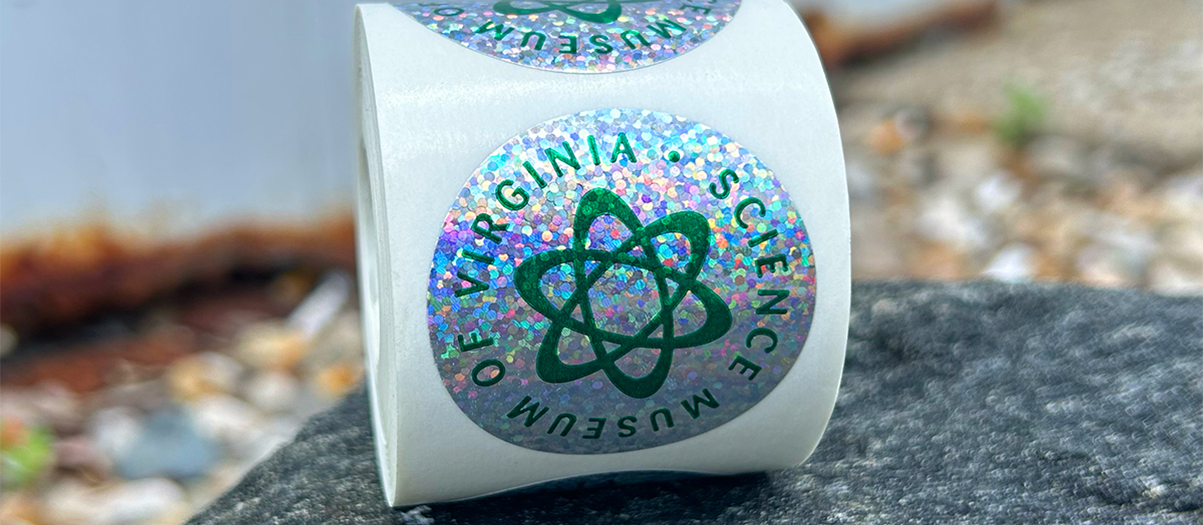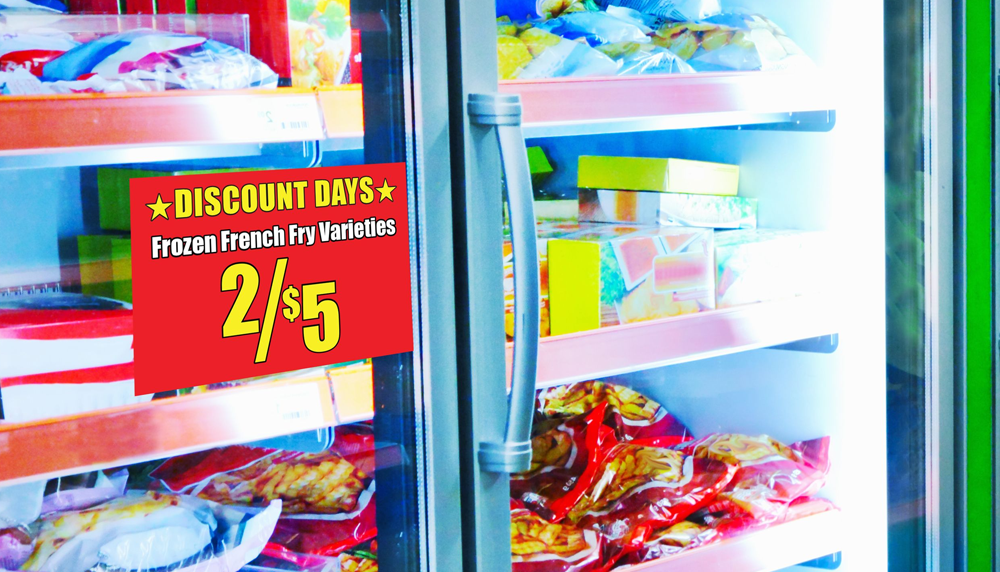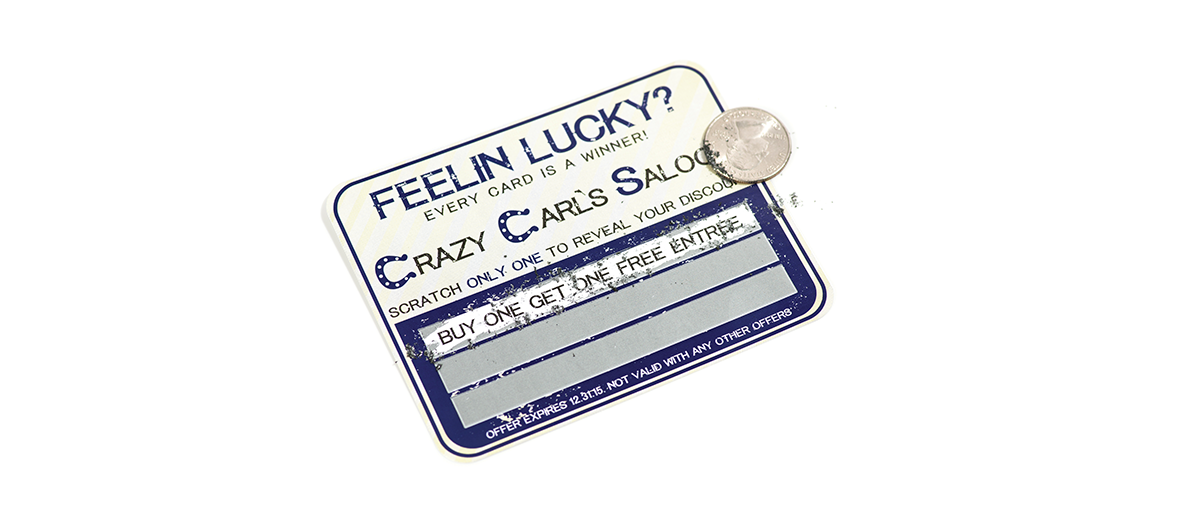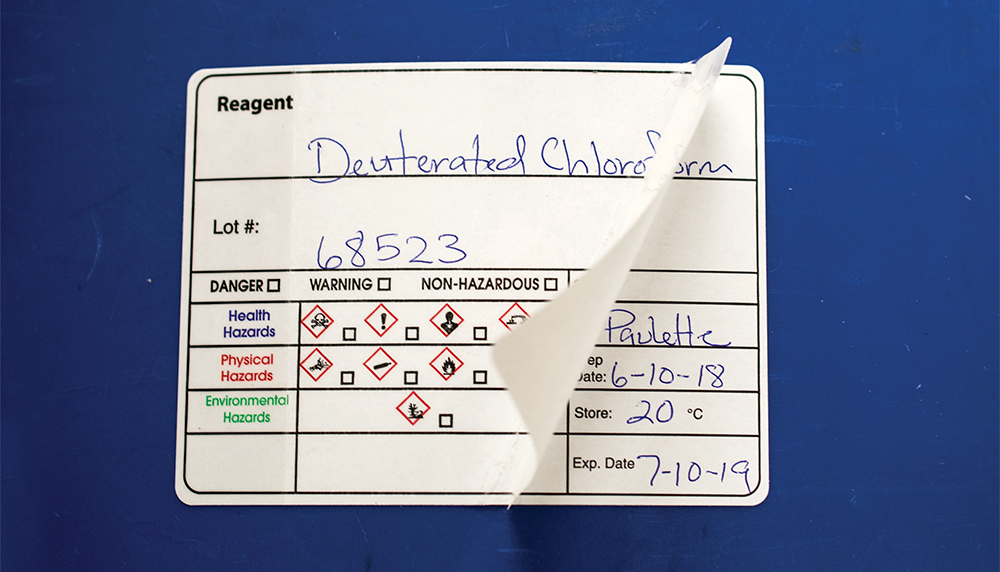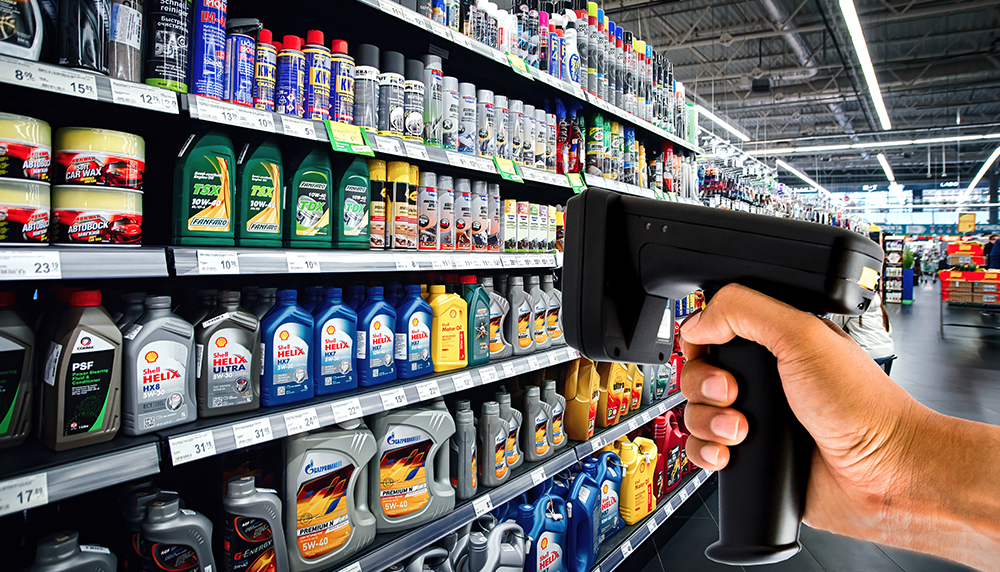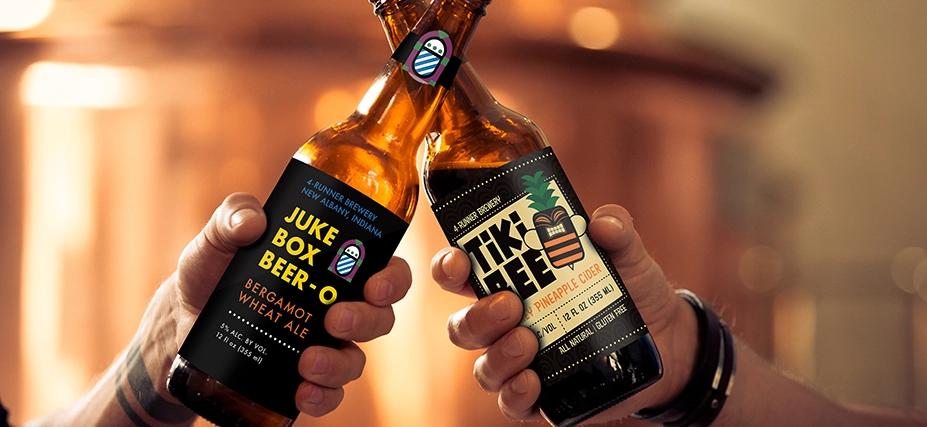
Understanding the Craft Beer Industry
The craft beer industry has experienced explosive growth over the past decade, becoming a significant segment of the beverage market. This boom presents an excellent opportunity for distributors who can offer customized, high-quality craft beer labels to meet the unique needs of breweries.
Market Trends and Consumer Preferences
Understanding current market trends and consumer preferences is crucial for selling to the craft beer market.
Consumers today are looking for unique and authentic experiences, often preferring local and artisanal products over mass-produced options. This trend influences their expectations for product packaging, including labels.
Craft beer enthusiasts value creativity, authenticity, and storytelling. They appreciate labels that reflect the brewery’s personality, tell a story, and stand out on the shelf. Trends show a preference for bold designs, creative artwork, and innovative label materials.
Additionally, sustainability is becoming increasingly important, with many consumers seeking eco-friendly packaging solutions.
The Role of Authenticity and Storytelling
Authenticity and storytelling are key components in the craft beer market. Breweries often pride themselves on their unique history, brewing process, and local ingredients. Effective labels should convey these stories, creating a connection between the brewery and the consumer.
Storytelling on labels can include details about the brewery’s origin, the inspiration behind a particular beer, or the special ingredients used.
This narrative approach not only differentiates the product but also builds a loyal customer base. For distributors, understanding and leveraging these elements can make their label offerings more appealing to craft breweries.
Designing Compelling Craft Beer Labels
Key Elements of Effective Label Design
Designing an effective craft beer label involves several key elements:
- Eye-Catching Design: The label should capture attention with vibrant colors, unique graphics, and a clear visual hierarchy.
- Clear Branding: It should prominently feature the brewery’s logo and brand colors, ensuring brand recognition.
- Informative Content: Include essential information such as the beer’s name, style, ABV (alcohol by volume), and any special ingredients or brewing methods.
- Regulatory Compliance: Ensure the label meets all legal requirements, including health warnings, barcode labels, and any mandated government seals.
Incorporating these elements ensures the label is not only attractive but also functional and compliant with industry standards.
Customization and Creativity in Labeling
Customization and creativity are critical in the craft beer industry. Breweries often look for unique shapes, materials, and finishes that set their products apart. Distributors should offer a range of options, including bottle, can, and carton labels, any shape labels, and premium finishes like foil and embossed labels.
For example, labels can be designed to include consecutive numbers for limited edition batches or incorporate durable materials for keg bands and collars. Offering eco-friendly options can also appeal to breweries focused on sustainability.
Building Relationships with Craft Breweries
Understanding Brewery Needs and Challenges
Building strong relationships with craft breweries requires an understanding of their specific needs and challenges. Breweries often face tight production schedules and limited budgets. Distributors who can provide high-quality labels quickly and affordably will stand out as valuable partners.
Additionally, breweries may need labels in small batches or require frequent design changes for seasonal brews. Flexibility and responsiveness are crucial in meeting these demands.
Offering Value-Added Services
Offering value-added services can further strengthen relationships with craft breweries. These services might include:
- Design Assistance: Providing graphic design services to help create compelling label designs.
- Printing Flexibility: Offering short-run printing options for limited edition or seasonal beers.
- Technical Support: Assisting with label application and ensuring compatibility with different bottle and can types.
- Sustainability Solutions: Providing eco-friendly label options and recycling programs for used labels.
By offering these additional services, distributors can differentiate themselves and become indispensable partners to craft breweries.
FAQs
What Materials Are Best for Craft Beer Labels?
The best materials for craft beer labels are those that can withstand cold temperatures, moisture, and handling. Common choices include waterproof polypropylene and durable vinyl. These materials ensure the label remains intact and visually appealing throughout the product’s lifecycle.
How Can I Ensure My Labels Are Compliant with Regulations?
To ensure compliance, familiarize yourself with the labeling regulations in your target market. This includes mandatory information such as the ABV, health warnings, and manufacturer details. Working with a knowledgeable label supplier can help navigate these requirements and avoid costly mistakes.
Can Craft Beer Labels Be Eco-Friendly?
Yes, craft beer labels can be eco-friendly. Many label suppliers offer sustainable options such as recycled paper, biodegradable adhesives, and environmentally friendly inks.
These choices can help breweries reduce their environmental impact and appeal to eco-conscious consumers.
Wrapping Up
Selling to the craft beer market involves understanding the unique needs of breweries and their consumers. By offering high-quality, customizable craft beer labels and value-added services, distributors can build strong relationships and become essential partners to breweries.Whether you’re looking for bottle, can, or carton labels, or need unique shapes and premium finishes, Discount Labels has you covered.


